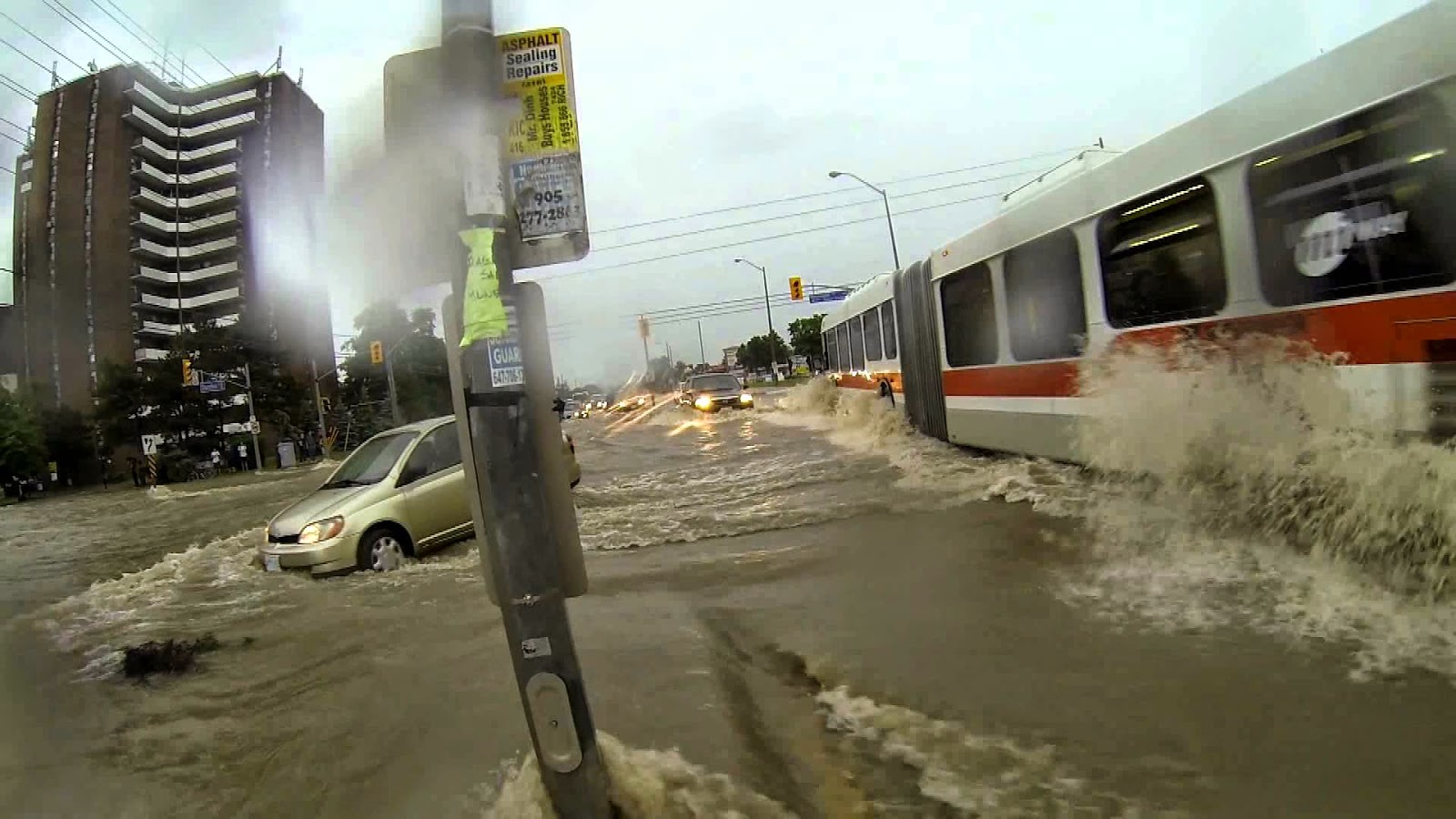Hot Toronto housing market not slowing down despite rising mortgage rates
A booming Canadian economy has driven the Bank of Canada to increase its lending rate a quarter of a point for the third time since last summer.
 The Bank of Canada’s move to increase the benchmark rate to 1.25 per cent will drive up variable mortgages and consumer loans was widely anticipated since the introduction of stress testing
The Bank of Canada’s move to increase the benchmark rate to 1.25 per cent will drive up variable mortgages and consumer loans was widely anticipated since the introduction of stress testing
However, the demand for housing in the Toronto area remains solid that the higher mortgage rates won’t have a big impact on home sales.
 The Bank of Canada’s move to increase the benchmark rate to 1.25 per cent will drive up variable mortgages and consumer loans was widely anticipated since the introduction of stress testing
The Bank of Canada’s move to increase the benchmark rate to 1.25 per cent will drive up variable mortgages and consumer loans was widely anticipated since the introduction of stress testing
Royal Bank of Canada’s moved in increasing their benchmark rate was followed by other major Canadian Banks such as Bank of Montreal, CIBC, Scotiabank and TD Canada Trust.
According to Pasalis “The mood overall is relatively positive. A lot of buyers need to buy a house,” he said, speculating that many of those are jumping back into the market, after putting their home search on hold last year.
But Pasalis doesn’t discount the financial stress that is mounting on homebuyers and owners, who have stretched their budgets to get into the market. They won’t default on their mortgages but, he said, “When you’re in an environment of rising expenses and costs that puts pressure on people.”
The central bank has hinted that further rate boosts are possible this year, but it said it would be assessing the impact of higher rates on the economy.
Increased loan costs are one more step in the return to “normality” after 10 years of low lending rates, said James McKellar, associate dean at the Brookfield Centre in Real Estate & Infrastructure at York University’s Schulich School of Business.
“If (the interest rate) does have a dampening affect on the housing market no one’s going to really suffer that much. There’s an incredible amount of demand and people seem to have access to money,” said McKellar.
He suggested higher rates could prompt consumers to reconsider expensive car loans and high-priced internet and phone services.
The Bank of Canada cited robust employment, an unexpectedly strong housing sector and inflation that is close to target as reasons behind Wednesday’s rate hike. Clouding the picture, it said, is the uncertainty around the North American Free Trade Agreement.
The strong economic factors underlying the rate rise also apply to the Toronto area housing sector, said Tom Storey, sales representative for Royal LePage Signature Realty.
“I know interest rates went up but they’re still historically low. Vacancies in Toronto are still under 1 per cent, the rental demand is off the charts,” he said.
Housing demand is compounded by high immigration levels that is attracting newcomers to cities like Toronto.
“Even if the (interest rate) increase were to take a handful of purchasers out of this market, the number of properties available in this region is just not large enough to sustain the current levels of demand,” said Storey.
There should be some relief to the currently limited supply of housing three years from now. A balanced supply and demand market in the Toronto area would mean between 25,000 and 30,000 condo completions in a year. Last year there were 18,232.
“We’re not likely to have any years over 30,000 until at least 2020 looking at the preconstruction sales and the typical lag between sales and completion,” said Myers.
The demand to rent condos is likely to remain strong given the low vacancy rates, higher interest costs and tougher lending rules that might sideline some would-be buyers. But investors will weigh those conditions against the lower returns from Ontario’s expanded rent controls on new buildings
Sources:https://www.thestar.com/business/2018/01/17/rising-mortgage-rates-unlikely-to-slow-down-hot-toronto-housing-market.html
Sources:https://www.thestar.com/business/2018/01/17/rising-mortgage-rates-unlikely-to-slow-down-hot-toronto-housing-market.html

Comments
Post a Comment